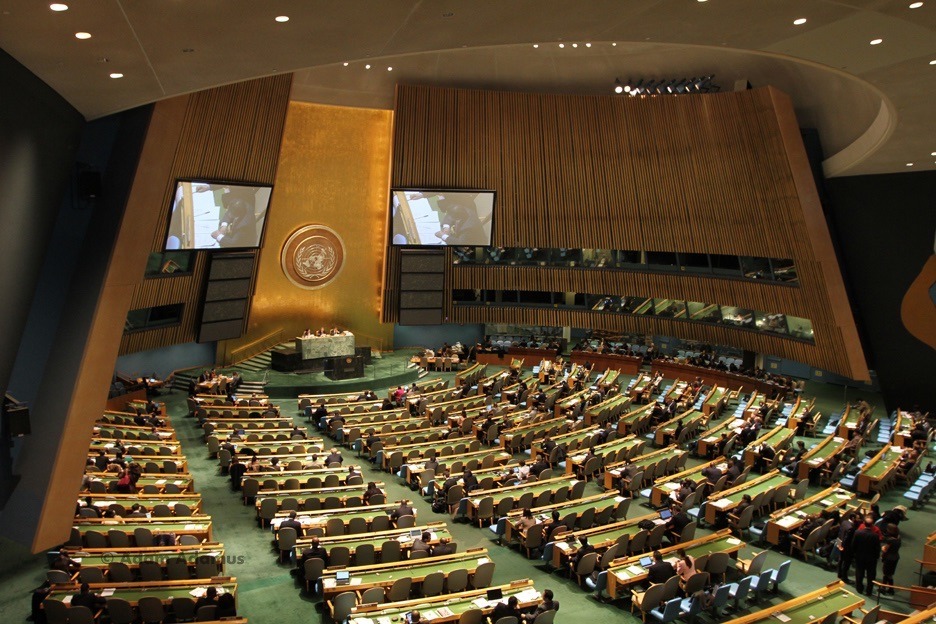How can the global Internet play a role in the future of a sustainable global society? And how can we bring the next 4 billion people online so that they, too, can participate in the Internet of Opportunity?
This week the United Nations will host in New York an important summit on the Sustainable Development Goals (SDGs) that will guide future work by international community in alleviating poverty, advancing health and education and preserving our planet for the future.
The Internet Society is eager to discuss how the global Internet and related technologies can enable a world of greater prosperity and promise. In this light, I will be participating in a high-level panel discussion at the United Nations this coming Sunday, September 27, on “Development in the Digital Age“, where I will focus on these topics.
As I wrote about last month, I am pleased that the UN’s “post-2015 development agenda” includes the goal “to provide universal and affordable access to the Internet in least developed countries by 2020.“
This is critical. We, at the Internet Society, believe that the Internet is for everyone and that it should be available everywhere.
Never before have we seen such technical and human innovation – and so many opportunities to bring economic and social benefits to all of us. Access to information and stored knowledge, together with human creativity, ingenuity and intellectual and financial investment in the Internet ecosystem has provided us with almost unlimited ability to finally solve the world’s most pressing needs. We must now act to ensure that the our best chance at fundamental progress toward our goals is available to everyone.
We know that the SDG challenges are steep and impact every part of the world. Thus, focusing on the Means of Implementation is so very critical. ICTs — particularly the Internet — are uniquely positioned to facilitate implementation of each and every SDG goal -– as well as to leverage the innovation, collaboration, and partnerships needed to make them a reality. One of the most powerful attributes of the Internet is how it reflects technologically-enabled processes of collaboration and partnership. Everyone on the Internet adds something to it.
And, community building is the key. If we are to successfully connect communities around the world that are overlooked and underserved, then we must work as a global community, coming together for a common purpose. I firmly believe that our remarkable gains in recent years are due to the open, distributed way in which the Internet itself has been governed. We are committed to the so-called “multi-stakeholder” approach which acknowledges that no one group, be it governments, the technical community, industry, commerce, Internet service providers or civil society can “govern” the Internet alone.
If we are to continue to improve overall availability, and in particular individual access in developing countries, then I believe we must maintain this innovative and cooperative approach, which might perhaps better be referred to as “Collaborative Governance“.
Indeed, if we are to ensure that next 4 billion online users will have full access to the Internet of Opportunity, the current, transparent and demonstrably successful system of governance must be maintained. To do otherwise would stifle innovation and risk subdividing the global reach of the Internet, thereby diminishing its capacity and promise of rich knowledge transfer, worldwide collaboration, sustainable development and economic growth.
Our sustainability commitment reminds us that, as we look toward the 10-year review of the World Summit on the Information Society (WSIS) in December, it is imperative that all relevant stakeholders are included in the process and that we collectively remain focused on the end goal of creating a more sustainable and prosperous world through an Internet that is available to all.
Image credit: Adam Adamus on Flickr

